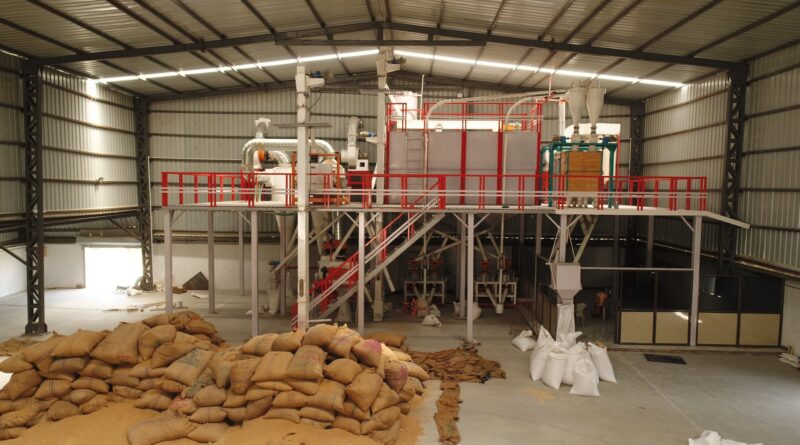Pvt sector purchases surge as wheat procurement nears end in Punjab
By Gurpreet Singh Nibber
The wheat procurement season for the current rabi season in Punjab is nearing its end, with a record-breaking surge in private sector purchases.
Toll now, a total of 128.25 lakh tonnes of wheat have arrived in state mandis, with government agencies purchasing 117.25 lakh tonnes. The remaining 11 lakh tonnes were bought by private traders, marking the highest level of private sector involvement since records began in the 1980s.
While the state government remains behind its procurement target of 124 lakh tonnes set by the Centre, the rise in private purchases has been seen as a positive development. The price paid by private traders has been above the Minimum Support Price (MSP) of ₹2,425 per quintal, with some areas like Sangrur and Patiala witnessing prices of up to ₹2,640 per quintal — ₹200 higher than the MSP, said official familiar with the matter.
This development has been hailed by officials as a sign that the state’s wheat market is becoming less reliant on government procurement. “The fact that the private sector is willing to pay more for wheat is a good sign,” said a senior official from the Punjab State Agricultural Marketing Board (Mandi Board). “It shows that farmers have more options and are not entirely dependent on government purchases,” he added
According to the Mandi Board, about 50,000 to 1 lakh tonnes of wheat are expected to arrive in the mandis before the procurement process concludes on May 15. The state government had originally anticipated wheat arrivals to reach 132 lakh tonnes, but the figures have fallen short due to various factors.
Factors behind increased private sector purchases
The surge in private sector activity is being attributed to several factors, including the expansion of flour mills along the Delhi-Katra highway. With over 50 new mills in the region, the proximity to markets in New Delhi and neighboring states has made it easier for millers to procure wheat directly from the mandis.
Naresh Ghai, president of the Wheat Flour Millers’ Association of Punjab, pointed out that the panic buying observed this year is largely due to last season’s delayed wheat quota releases, which disrupted the operations of flour mills. “Farmers are not taking any chances this time. They are ensuring they have enough stocks to meet their needs for the next 6 to 9 months,” said Ghai.
Despite falling short of the target, Punjab food and civil supplies minister Lal Chand Kataruchak expressed satisfaction with the procurement process. “Though we have not met the Centre’s target, the overall procurement process has been smooth, and it is good for farmers that they are receiving a price higher than the MSP,” Kataruchak said.
Farmers’ organisations have also welcomed the increased private sector involvement. Joginder Singh Ughrahan, president of the Bharatiya Kisan Union (Ekta-Ughrahan), hailed the trend of institutional purchases through government mandis. He said this ensures farmers do not feel exploited as long as traders pay a fair price. “We are not seeking a huge hike in the MSP, but we do want reasonable adjustments and better control over the costs of agricultural inputs like diesel, agro-chemicals, and pesticides,” he added.
This article has been republished from The Hindustan Times.

